This curated collection of Soviet films focuses on the theme of truth, exploring various facets of honesty, integrity, and the search for authenticity in a society often shrouded in secrecy. These films not only entertain but also provoke thought, offering a unique perspective on the complexities of truth in Soviet life. Each film in this selection has been chosen for its narrative depth and its ability to resonate with audiences seeking to understand the nuances of truth through the lens of Soviet cinema.
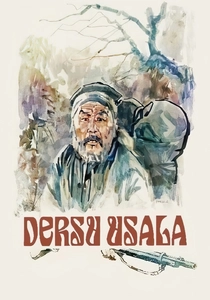
Dersu Uzala (1975)
Description: This film, based on the true story of a Russian explorer and a Nanai hunter, delves into themes of friendship, respect, and the truth of nature's wisdom.
Fact: Akira Kurosawa, the director, was invited by the Soviet Union to make this film, which won the Academy Award for Best Foreign Language Film.
 Watch Now
Watch Now
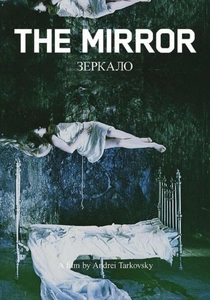
The Mirror (1975)
Description: A deeply personal film by Andrei Tarkovsky, it explores the truth of memory, time, and personal history through a non-linear narrative.
Fact: The film includes scenes from Tarkovsky's own childhood, making it a semi-autobiographical work.
 Watch Now
Watch Now

The Ascent (1977)
Description: Set during World War II, this film examines the moral choices made by partisans, highlighting the truth about human nature under extreme conditions.
Fact: Larisa Shepitko, the director, tragically died in a car accident shortly after the film's completion. It won the Golden Bear at the Berlin International Film Festival.
 Watch Now
Watch Now
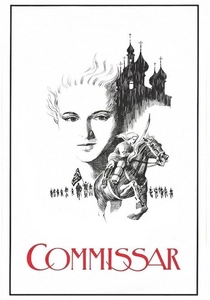
The Commissar (1967)
Description: Set during the Russian Civil War, this film explores the truth about motherhood, duty, and the personal conflicts of a female commissar.
Fact: The film was banned in the Soviet Union until 1987 due to its critical portrayal of the Red Army.
 Watch Now
Watch Now
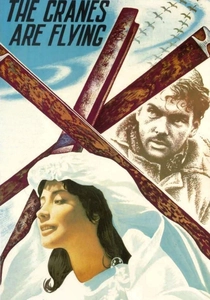
The Cranes Are Flying (1957)
Description: This film tells the story of a young woman's life during WWII, focusing on the truth of love, loss, and survival amidst the chaos of war.
Fact: It was the first Soviet film to win the Palme d'Or at the Cannes Film Festival.
 30 Days Free
30 Days Free
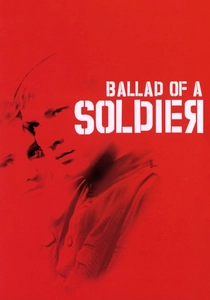
The Ballad of a Soldier (1959)
Description: This poignant war drama tells the story of a young soldier's brief leave from the front, highlighting the truth of human kindness and sacrifice.
Fact: The film was critically acclaimed and won numerous awards, including the BAFTA for Best Film from any Source.
 30 Days Free
30 Days Free
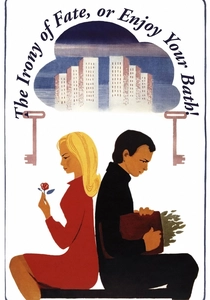
The Irony of Fate (1975)
Description: A comedic exploration of the truth about human relationships and the absurdities of Soviet urban planning, this film has become a New Year's Eve tradition in Russia.
Fact: The film was shot in Moscow and Leningrad, with the latter's scenes filmed in a studio due to logistical issues.
 30 Days Free
30 Days Free
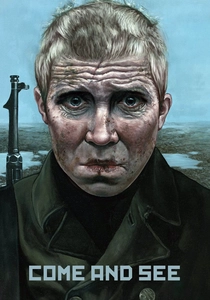
Come and See (1985)
Description: A harrowing depiction of the Nazi occupation of Belarus, this film confronts the brutal truth of war and its impact on innocence.
Fact: The film was shot in chronological order to capture the psychological transformation of the young protagonist.
 30 Days Free
30 Days Free

Repentance (1984)
Description: This film delves into the aftermath of a dictator's death, exploring themes of guilt, memory, and the truth about historical figures. It's a powerful allegory on the importance of confronting the past.
Fact: The film was initially banned in the Soviet Union and only released after Gorbachev's policy of Glasnost. It won the Special Jury Prize at the Cannes Film Festival.
 30 Days Free
30 Days Free

The Thief (1997)
Description: Although made post-Soviet era, this film captures the essence of truth in human relationships and the harsh realities of life in the Soviet Union's aftermath.
Fact: It was Russia's submission for the Academy Award for Best Foreign Language Film, showcasing the lasting impact of Soviet cinema's themes.
 30 Days Free
30 Days Free









